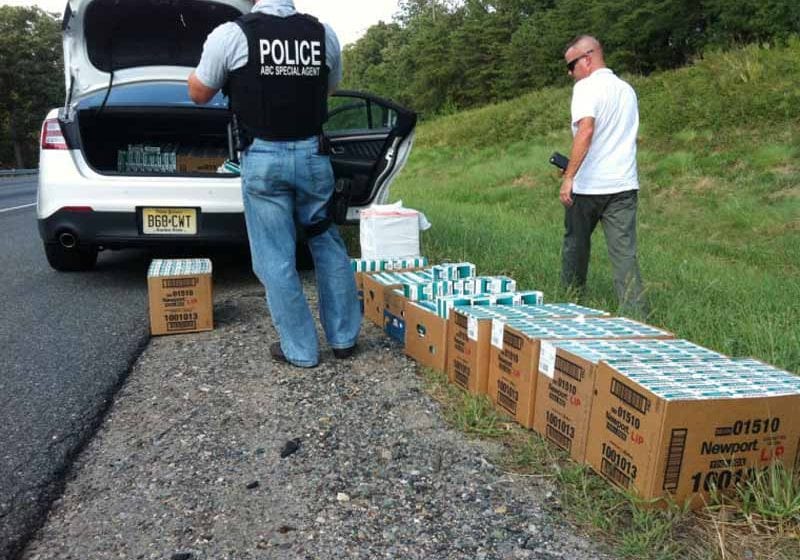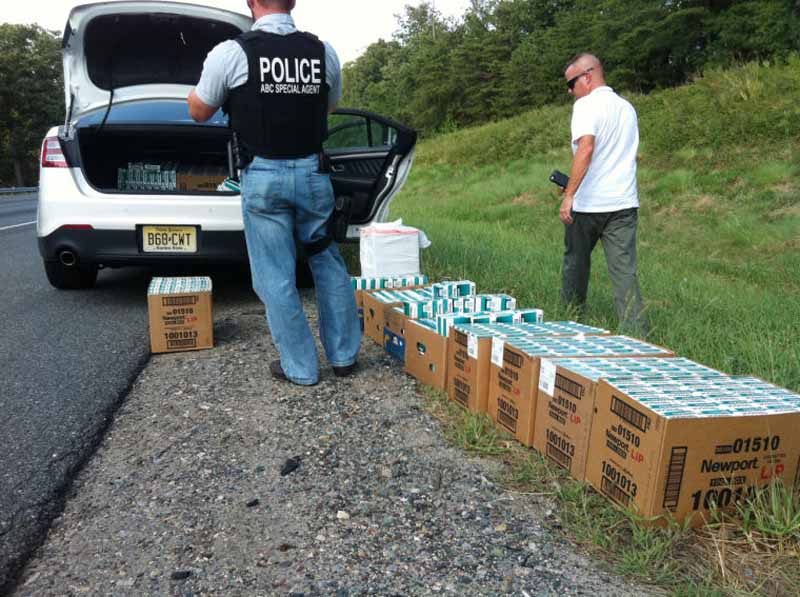Speakers and panelists discussed the nicotine value chain during the InFocus virtual conference.
TR Staff Report
Participants in the May 22 InFocus virtual conference took a close look at the nicotine value chain, covering agriculture, synthetic nicotine products and innovation in tobacco harm reduction, among other topics. Below are some of the highlights of the event, which was sponsored by BAT, FEELM, Smoore, Alliance One International and Universal Leaf.
Michael Strupp, professor of neurology at the Ludwig Maximilian University of Munich, addressed misconceptions about nicotine, stressing that it is not a nitrosamine and does not cause cancer. He emphasized the importance of distinguishing between the nicotine molecule and the substances produced by the combustion of tobacco. Strupp highlighted nicotine’s non-toxic nature and clarified that it is not a pesticide. He further explained that nicotine has potential therapeutic benefits, particularly in the treatment of neurodegenerative diseases such as Alzheimer’s and Parkinson’s as well as certain psychiatric disorders like schizophrenia.
Strupp pointed out that nicotine can enhance attention and memory, improve mood by inducing euphoria and relaxation and indirectly influence body functions such as heart rate and blood pressure. Strupp discussed how nicotine’s mechanism of action has been well understood for decades, acting on nicotinic acetylcholine receptors in the brain. He explained that nicotine mimics acetylcholine, a neurotransmitter, and its interaction with these receptors can enhance learning, memory and attention.
Concluding his keynote, Strupp emphasized the significance of understanding nicotine’s effects from a scientific perspective. He illustrated how the dopamine reward pathway is involved in nicotine addiction, with nicotine mimicking the effects of neurotransmitters like acetylcholine and dopamine.
James Murphy, director of research and science at BAT, reflected on the remarkable transformation within the tobacco industry over his career, particularly with the development of three distinct noncombustible tobacco and nicotine product categories: heated products, vapor products and oral pouches.
As a model for tobacco harm reduction, Murphy highlighted Sweden, where the widespread adoption of snus has led to a dramatic decline in smoking rates to just 5 percent. This shift has resulted in significantly better health outcomes compared to any other country in Europe, demonstrating the potential impact of noncombustible products on public health.
Unfortunately, the promise of noncombustible combustible products is not reflected in consumer perceptions. Research findings indicated that a record percentage of consumers (90 percent in one survey) now believe that the risks associated with noncombustible products are equivalent to those of smoking.
This misperception extends to medical practitioners as well, with a majority surveyed incorrectly attributing nicotine as a direct cause of cardiovascular disease, chronic obstructive pulmonary disease (COPD) and cancer. Murphy emphasized the need for education to correct these misconceptions and overcome barriers preventing adult smokers from switching to lower risk products.
Murphy concluded by underscoring the importance of basing public health guidance on clear, rigorous science. He called for a unified commitment from all stakeholders to prioritize research and harm reduction strategies. A smokeless world, Murphy argued, is achievable through collaborative efforts focused on the well-being of millions worldwide. By dispelling myths and promoting evidence-based understanding of nicotine and noncombustible products, the industry can make significant strides in reducing smoking-related harm.
Participants in the “Misperception of Nicotine” panel stressed the need for accurate information and education regarding nicotine, calling for global efforts to correct misconceptions and promote harm reduction strategies effectively. The panelists collectively highlighted the importance of engaging respectfully with all sides of the debate, basing policies on scientific evidence and ensuring transparency in public health communications.
Moderator Jasjit S. Ahluwalia, professor of behavioral and social sciences and professor of medicine at the Center for Alcohol and Addiction Studies at the Brown University School of Public Health and Alpert School of Medicine, opened the panel by emphasizing the need to shift the narrative around nicotine. He pointed out that nicotine is often demonized despite scientific evidence suggesting that it is not the primary cause of smoking-related diseases.
Ahluwalia highlighted a troubling public misconception that marijuana is safer than nicotine, which is not supported by science. He stressed that while nicotine will continue to be used, the focus should be on eliminating combustible tobacco products, which pose the greatest health risks. Ahluwalia also noted that e-cigarettes, though not without risk, are significantly safer than combustible cigarettes and do not cause cancer or COPD.
Ahluwalia called for policies guided by science, advocating for accurate information to be provided to smokers about the benefits of switching to reduced-risk products (RRPs). Engaging with those who disagree is crucial, Ahluwalia argued, as there is much common ground and a shared purpose in harm reduction efforts. He also debunked the myth that nicotine use lowers IQs, stating that such misinformation undermines harm reduction efforts and that governments must play a role in correcting these misconceptions.
Dave Dobbins, former chief operating officer at the American Legacy Foundation/Truth Initiative and consultant to Altria, underscored the importance of listening to all perspectives in the nicotine debate with kindness. He criticized the current tobacco control efforts, which he believes are often led by individuals who are not directly affected by nicotine use.
Dobbins highlighted the severe health consequences of smoking, noting that cigarettes can reduce life expectancy by a decade and kill half of their users. He emphasized that nicotine delivery through RRPs is significantly safer than smoking.
Dobbins called for clear, consistent communication with adult smokers, stressing the need to treat them with respect and provide accurate information about the benefits of vapes and pouches. He asserted that it is the duty of everyone, including cigarette companies, to disseminate accurate information about nicotine. Transparency in the origins and funding of scientific research is crucial to ensure trust and clarity in public health messaging.
Delon Human, a specialist family physician and president of Health Diplomats, began by identifying himself as both a doctor and a consumer, emphasizing the human aspect of smokers. He expressed concern that a significant proportion of doctors (70 percent to 80 percent) incorrectly conflate smoking with nicotine consumption.
Human criticized the World Health Organization for its inconsistent and unclear stance on nicotine, which also conflates tobacco use with nicotine use. He stressed the importance of the WHO and related agencies following scientific evidence. Human highlighted Sweden as an example of a country providing accurate information about nicotine use, resulting in significantly fewer cancer deaths due to the use of snus instead of cigarettes. He argued that scare stories about e-cigarettes need to be countered with scientific facts.
Human pointed out that there is substantial opposition to nicotine within the WHO, which will take time to change. He also criticized Article 5.3 of the WHO Framework Convention on Tobacco Control (FCTC), which excludes the tobacco industry from discussions, arguing that this exclusion damages scientific progress and policy development and ultimately costs lives.
Sudhanshu Patwardhan, nicotine expert and health tech entrepreneur, highlighted a study from the U.K. showing that 44 percent of doctors incorrectly believe nicotine causes cancer—a misconception common worldwide. He pointed out a significant gap between policy and medical understanding, which he said has real-world implications for smokers seeking healthier alternatives.
Patwardhan called for a global nicotine literacy project to educate doctors and align public policies with scientific evidence. He emphasized the importance of making doctors champions of reason to communicate safer alternatives to cigarettes effectively.
Patwardhan also stressed the need for sensible regulation that is supported by and encourages industry involvement. He concluded that educating healthcare providers around the world is key to promoting harm reduction.
David Jones, a member of the U.K. All-Party Parliamentary Group for Responsible Vaping and deputy chair of the European Research Group, emphasized the critical role of tobacco harm reduction in public health policy, highlighting the U.K.’s pioneering “swap to stop” strategy, which provides vape starter kits to smokers to help them quit. He praised the U.K.’s evidence-based approach, which has significantly reduced smoking rates, but warned against recent proposals that could undermine these achievements.
Jones argued against banning disposable vapes and flavored products, explaining that such measures could drive consumers to the black market and hinder smoking cessation efforts.
Jones criticized the WHO for its opposition to RRPs, stating that its stance is not supported by scientific evidence. He called for greater accountability and transparency in international regulatory discussions, advocating for public and parliamentary scrutiny of decisions made by the FCTC.
Highlighting the importance of flavors in vaping products for adult smokers, Jones cited research showing that nontobacco flavors are popular across all age groups. He argued that banning these flavors would be counterproductive and could lead to increased smoking rates as consumers turn to unregulated alternatives.
Jones also addressed the potential of heat-not-burn products and nicotine pouches, urging the government to reconsider its stance on these alternatives and commission further research into their benefits. He emphasized that public health policies should provide smokers with accurate information about all nicotine products to support informed decision-making.
In conclusion, Jones called for a continued focus on tobacco harm reduction, advocating for evidence-based regulations that support smokers in their efforts to quit. He stressed the need for the U.K. to maintain its leadership in this area and to hold international organizations accountable for their policies and decisions.
Ramsey S. Lewis, Charles and Marilyn Stuber distinguished professor of plant breeding at North Carolina State University, delivered a detailed keynote on the complexities and challenges of developing low-nicotine tobacco varieties. He highlighted the increasing interest in these due to potential regulatory mandates that could require more than a 35-fold reduction in nicotine levels in conventional cigarettes. He emphasized that nicotine accumulation in tobacco plants results from complex interactions between environmental and genetic factors and asserted that genetic modification is the only viable method to achieve the stringent targets suggested by regulatory authorities.
Lewis outlined the significant difficulties in achieving lower nicotine levels without negatively impacting other critical aspects of tobacco cultivation. He noted that reducing nicotine content often leads to undesirable reductions in yield, increased production costs and severe effects on leaf quality and other chemical properties of the tobacco. He warned against underestimating the complexity of biochemical pathways in living organisms, explaining that modifications in one area can lead to unexpected consequences in another.
Furthermore, Lewis enumerated the numerous obstacles facing the development of low-nicotine tobacco. These include the feasibility of such projects, the limited availability of suitable varieties, susceptibility to diseases and insects, lower yields and higher production costs. Additionally, he highlighted the challenge of global acceptance of gene-editing techniques and the potential impact this may have on exports. Lewis underscored the need for extensive research and development to overcome these barriers and meet future regulatory requirements effectively.
Participants in the “Nicotine – An Agricultural Approach” panel provided a comprehensive overview of the agricultural challenges and considerations associated with nicotine regulation. The discussions emphasized the need for continued research and development, thoughtful regulatory approaches and the importance of supporting both farmers and consumers in navigating these changes.
Moderator Miranda Kinney, senior vice president of global communications and sustainability at Pyxus International, began the panel by delving into the agricultural aspects behind the tobacco products on today’s shelves, likening their personalized production journey to that of food products in supermarkets. She highlighted the importance of tobacco leaf, noting that it is the essential ingredient in most nicotine products and plays a critical role in supporting consumer satisfaction.
Kinney emphasized that the tobacco industry supports millions of jobs globally, from farmers and processors to manufacturers, exporters, distributors and retailers, thereby enhancing livelihoods and supporting the economic viability of many developing countries.
Kinney guided the discussion toward the intricate journey of the tobacco leaf, from the speck of a seed to a substantial industry contributor. She explained that the genetics and breeding of the seed, agricultural production practices, environmental factors and regulatory landscapes all impact the industry today and shape its future. She highlighted recent scientific advancements in genetics, cultivation practices and mechanization, noting their significant impact on farmers, particularly in developing countries where tobacco for novel nicotine products is often grown.
Addressing regulatory challenges, Kinney pointed out that regulations, such as those proposed by the U.S. Food and Drug Administration on menthol and low-nicotine mandates, present key concerns for the industry. She discussed how potential regulations, particularly from influential regions like the EU and the U.S., could set trends globally. Kinney emphasized the importance of industry collaboration to anticipate and adapt to potential changes, ensuring that all parts of the supply chain are considered. She concluded by stressing the need for collective industry expertise to navigate the future, underlining that the agricultural aspects of tobacco production are intricately tied to the overall industry.
George Cassels-Smith, chief executive of Tobacco Technology Inc., addressed the potential complications of mixed-crop standards, where only some plants meet lower alkaloid levels. He questioned the practicality and extensive testing required to manage such standards, particularly for plants that do not meet the set criteria.
Cassels-Smith noted that synthetic nicotine gained a foothold in the U.S. market due to the stringent regulations on tobacco plants, although the regulations on synthetic nicotine have since been tightened. He pointed out that vaping products predominantly use synthetic nicotine, highlighting a significant shift in the industry toward these alternatives.
He underscored the need for clear and feasible regulatory frameworks that consider the practical implications for producers and the broader industry.
Lewis opened his remarks by clarifying that his expertise lies in plant breeding rather than addiction or behavior. He highlighted the significant challenges associated with modifying the nicotine content in tobacco plants without causing negative effects on the plants themselves.
Lewis pointed out that if a regulatory mandate for low-nicotine tobacco were imposed today, the industry would struggle to comply due to the limited availability of viable low-nicotine varieties, which currently number around five and are associated with lower yields.
He emphasized the complexity of biochemical pathways and the unintended consequences that can arise from genetic modifications, underscoring the need for extensive research and development to meet potential regulatory requirements.
Carlos Pulcinelli, global project manager at Alliance One International, elaborated on the critical role of alkaloids in plant metabolism, with nicotine being the most significant alkaloid in tobacco. He asserted that it is currently impossible to control or modulate nicotine expression through agronomic practices alone, necessitating substantial investment in research and development.
Pulcinelli stressed the increasing regulatory pressures facing the industry and the importance of developing the right plant varieties that meet the needs of farmers, regulators and consumers. He also highlighted environmental challenges such as extreme weather, droughts and floods, which complicate efforts to reduce nicotine levels.
Despite potential changes in product formulations, he argued that the importance of plant alkaloids would remain paramount, calling for a balanced approach to meet these diverse challenges.
Lea Scott, senior vice president of agronomy and agricultural sustainability for Universal Leaf Tobacco Co., discussed various agronomic practices, such as topping, used to manage alkaloid levels in tobacco plants. He emphasized the economic significance of tobacco farming, which generates approximately $944 million in revenue for the U.S. annually.
Scott raised concerns about whether low-nicotine mandates might inadvertently encourage the growth of illicit trade, which already accounts for around 11 percent of the global tobacco market. He highlighted the substantial improvements in technology and the development of disease-resistant, high-yielding plant varieties. However, Scott noted that the transition to RRPs, such as heat-not-burn tobacco, would impact farmers by requiring less raw tobacco.
He questioned whether lower nicotine levels might lead to increased consumption if consumers use more product to achieve their desired effect. Scott stressed that any shift to lower nicotine tobacco must be gradual and carefully managed, given its profound impact on farmers and communities worldwide. He also pointed out the trend of growing tobacco specifically for nicotine extraction into liquid forms, underscoring the importance of supporting both consumers and farmers.
David Newns, entrepreneur and investor, chairperson and co-founder of Plxsur, highlighted the transformative potential of RRPs in global health outcomes. He noted that RRPs have evolved from a virtually unknown category to one now embraced by mainstream populations. This shift presents a significant opportunity to improve health outcomes worldwide by reducing the risks associated with traditional smoking. Newns emphasized that innovation cycles have been instrumental in driving the growth of the RRP category, transitioning vaping from a niche product to a globally recognized tool for harm reduction.
Newns acknowledged the challenges associated with disposable vaping products but highlighted their crucial role in helping a large number of smokers switch to safer alternatives. These products have made it easier for smokers to incorporate vaping into their daily routines, facilitating a widespread transition from combustible tobacco. He also pointed out the collaborative efforts between academics and creatives in the vaping industry, dedicated to the mission of harm reduction. He reaffirmed that there is no one-size-fits-all solution, as different consumers have varying needs.
Focusing on these needs, Newns explained that the universal demand from RRPs is for “more”—more convenience, flexibility, flavor, nicotine and personalization. This desire for “more” drives the continuous innovation within the industry. Looking ahead to GTNF 2024 in Athens this September, Newns expressed his enthusiasm over participating in “The Big Pitch” panel, which will invite innovators to present new and exciting nicotine products to industry leaders, fostering dialogue and shaping the future of RRPs.
 The U.K. Vaping Industry Association’s (UKVIA) annual Industry Forum will take place at the London Marriott Hotel Regents Park on Friday, Nov. 15.
The U.K. Vaping Industry Association’s (UKVIA) annual Industry Forum will take place at the London Marriott Hotel Regents Park on Friday, Nov. 15.
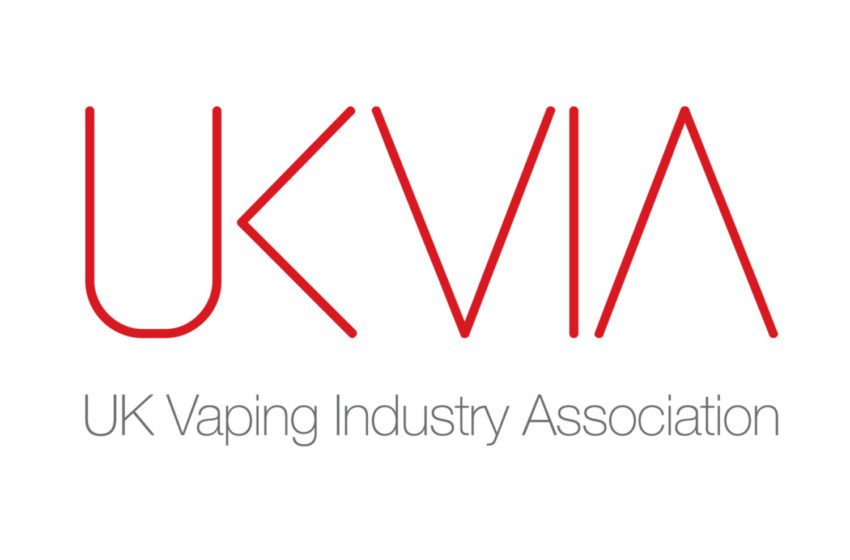

 Quartz Business Events is partnering with the U.S. Premium Cigar Association (PCA) to launch a premium cigar-focused trade show for the international market. The newly created
Quartz Business Events is partnering with the U.S. Premium Cigar Association (PCA) to launch a premium cigar-focused trade show for the international market. The newly created 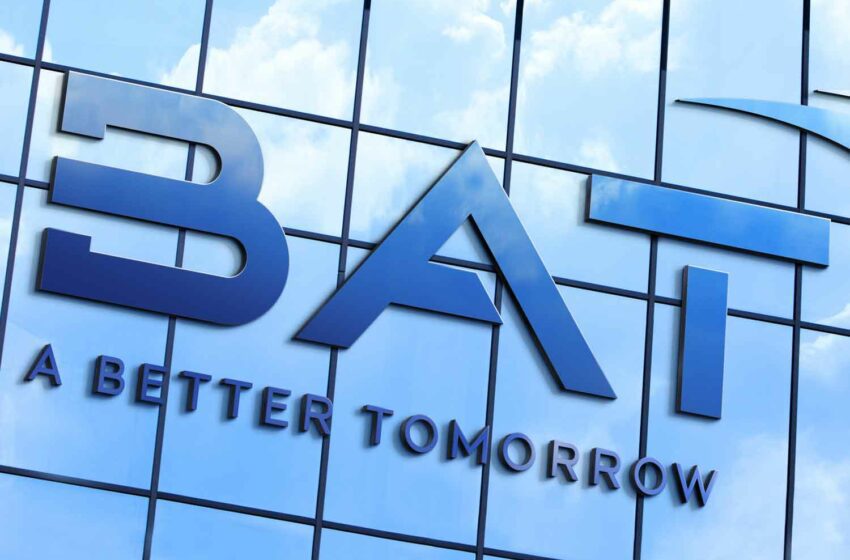


 Keller and Heckman will hold its nineth Annual E-Vapor and Tobacco Law Symposium Jan. 27-28, 2025, in Las Vegas, right before the Total Product Expo. This two-day seminar is designed to provide in-depth knowledge on legal, regulatory and scientific issues that are essential for tobacco, nicotine and CBD/hemp product manufacturers, suppliers, distributors and retailers.
Keller and Heckman will hold its nineth Annual E-Vapor and Tobacco Law Symposium Jan. 27-28, 2025, in Las Vegas, right before the Total Product Expo. This two-day seminar is designed to provide in-depth knowledge on legal, regulatory and scientific issues that are essential for tobacco, nicotine and CBD/hemp product manufacturers, suppliers, distributors and retailers.
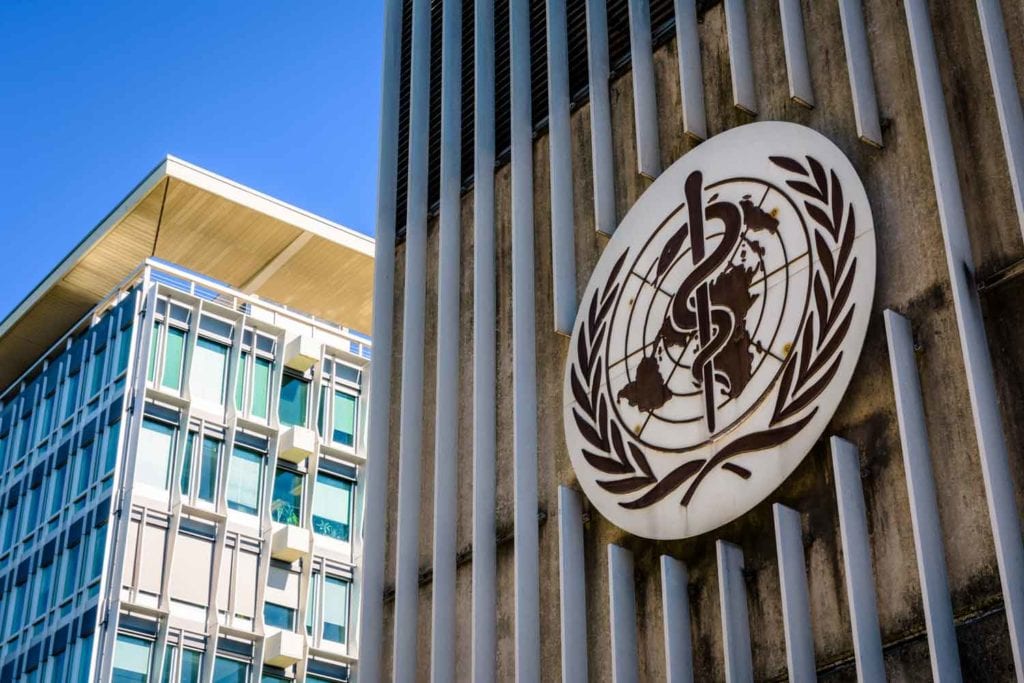
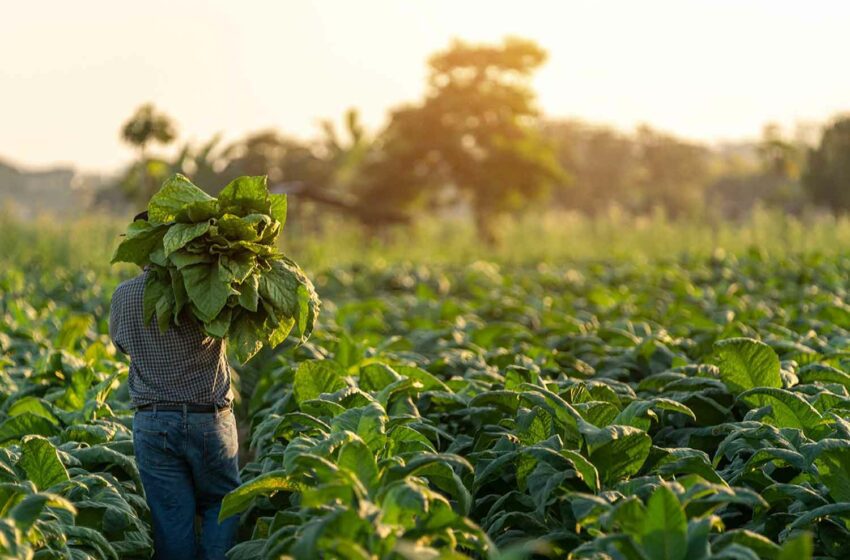
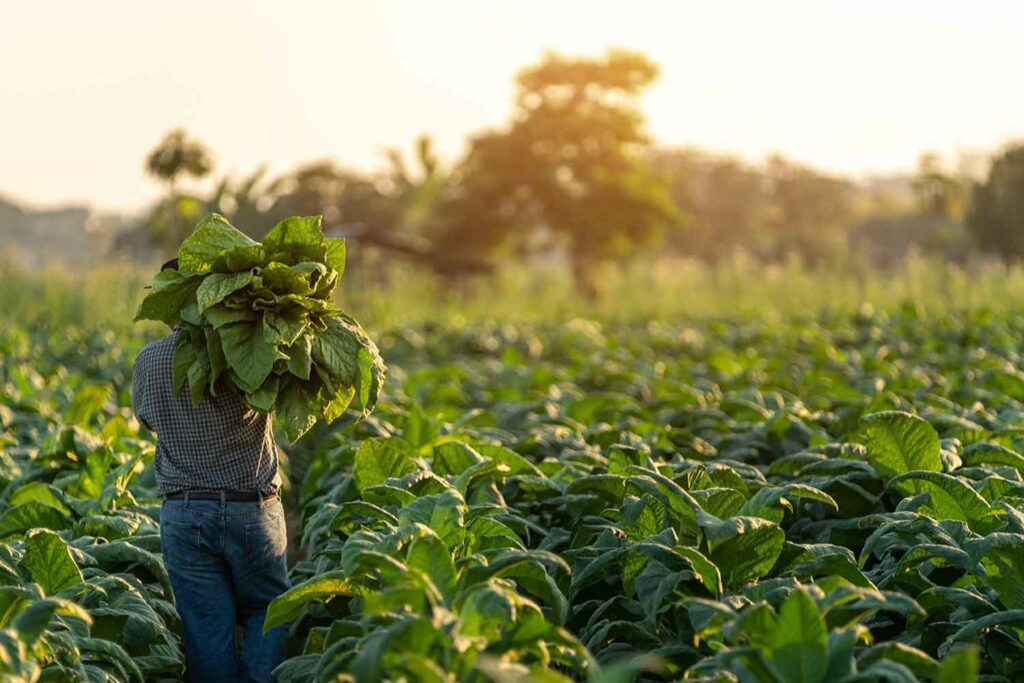
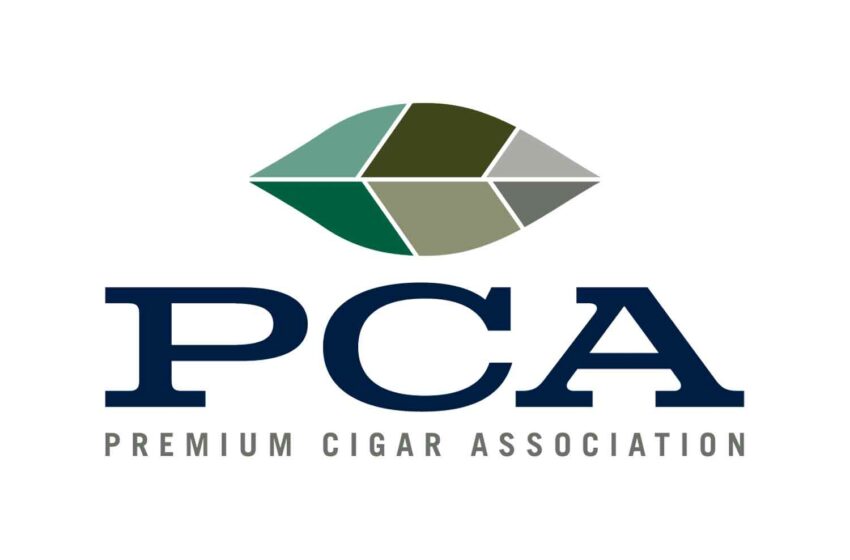
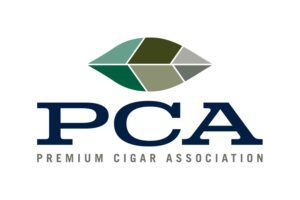 The Premium Cigar Association (PCA), in collaboration with the Cigar Association of America (CAA) and Drew Estate Cigars, will be holding outreach events in Milwaukee, Wisconsin, on July 16, 2024, from 6 p.m. to 9 p.m. during the Republican National Convention, and in Chicago, Illinois, on August 20, 2024, also from 6 p.m. to 9 p.m. during the Democratic National Convention.
The Premium Cigar Association (PCA), in collaboration with the Cigar Association of America (CAA) and Drew Estate Cigars, will be holding outreach events in Milwaukee, Wisconsin, on July 16, 2024, from 6 p.m. to 9 p.m. during the Republican National Convention, and in Chicago, Illinois, on August 20, 2024, also from 6 p.m. to 9 p.m. during the Democratic National Convention.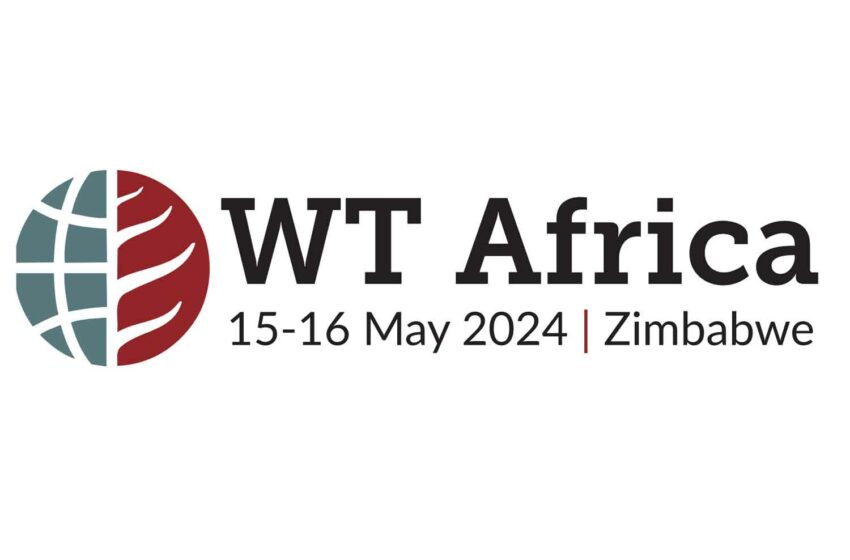
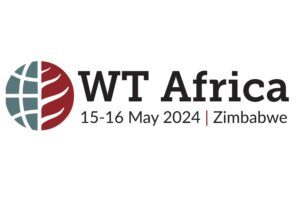 Zimbabwe will host Africa’s first
Zimbabwe will host Africa’s first 

